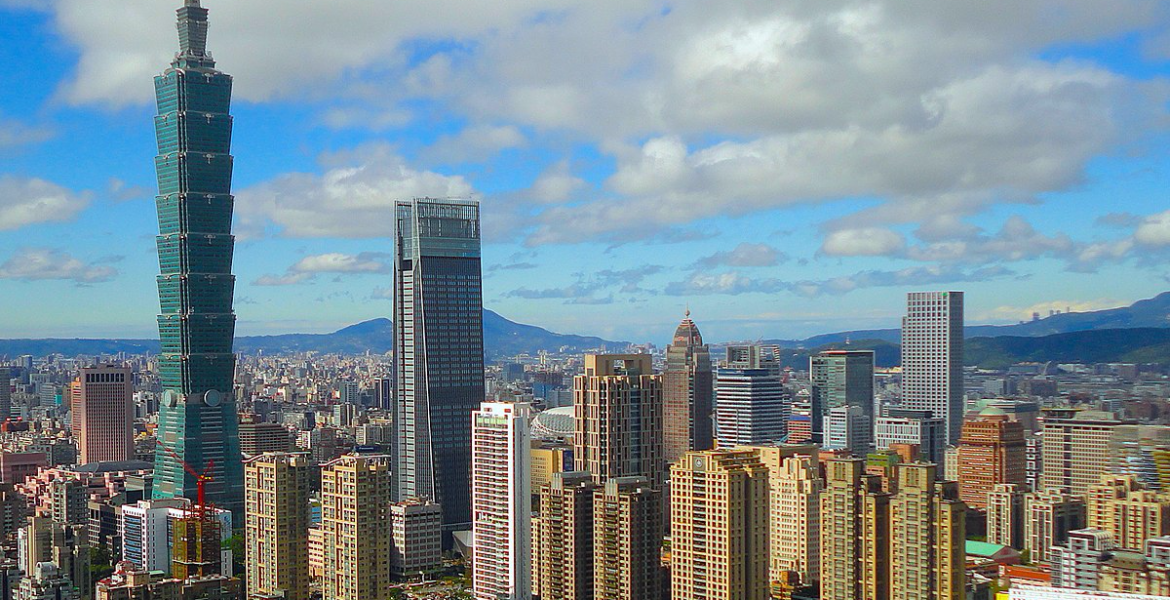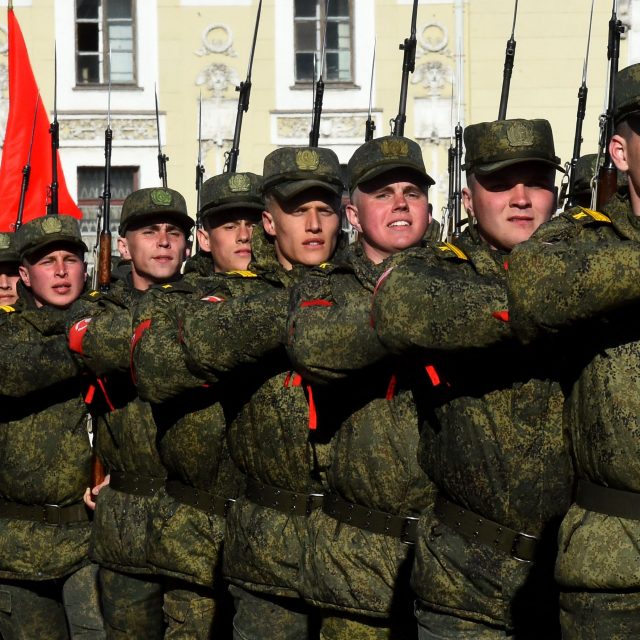After her election victory on 11 January, Taiwan President Tsai Ing-wen said in an interview: “We are an independent country already and we call ourselves the Republic of China (Taiwan).”
She also said China needs to show Taiwan respect.
However, four days later on 15 January, the permanent mission of the People’s Republic of China to the UN called upon the UN member states to observe the so-called “One-China principle” and that any official intervention or engagement with Taiwan or its offices is against such a principle and should be avoided.
Taiwan says that such “baseless claims expressed by the PRC are against the facts and absolutely unacceptable.”
That is why, following the elections and its results, more than 80 nations and international organizations conveyed congratulatory messages to Taiwan.
Taiwan has now issued a non-paper responding to China’s counterfactual claims.
The major points of the paper are as follows:
1. The Republic of China (Taiwan) is a sovereign and independent nation;
2. The international community widely recognizes the democratic achievements symbolized by the recent elections in Taiwan;
3. China unilaterally undermines peace and stability across the Taiwan Strait and the wider region;
4. The vast majority of the Taiwanese people reject the “one country, two systems” formula;
5. China has no right to interfere or make reckless comments when other countries simply exercise their sovereignty;
6. The “one China principle” is not a widely held consensus in the international community;
7. Taiwan calls for positive interactions across the Taiwan Strait;
8. Taiwan looks forward to continuing cooperation and exchanges with all nations.
The non paper reads:
“The Republic of China (Taiwan) is a sovereign and independent nation. The Republic of China (Taiwan) is not a province of China. In fact, it has never been ruled by the People’s Republic of China. These are undisputable facts. China must squarely face this reality and respect Taiwan. The international community widely recognizes the democratic achievements symbolised by the recent elections in Taiwan. Following Taiwan’s presidential and legislative elections on January 11, 2020, prominent political figures and individuals friendly to Taiwan from more than 80 nations and international organisations—including Taiwan’s 15 diplomatic allies and countries such as the United States, Japan, the United Kingdom, France, and Germany—conveyed congratulatory messages to Taiwan via letters, telegrams, and social media posts. US Secretary of State Mike Pompeo released a statement to congratulate Taiwan on the outcome of the elections. He stated that Taiwan had once again demonstrated the strength of its robust democratic system and emphasized that Taiwan is a model for the Indo-Pacific region and a force for good in the world.”
It goes on: “China unilaterally undermines peace and stability across the Taiwan Strait and the wider region. Over the past three-plus years, Taiwan has made every effort to maintain the cross-strait status quo on the premise of safeguarding national sovereignty. Taiwan has not taken provocative or impulsive actions. In contrast, China has resorted to all manner of tactics to suppress Taiwan’s international participation, and intensified its rhetorical assaults against and military intimidation of Taiwan. It has also conducted disinformation campaigns in an attempt to interfere with Taiwan’s elections. China’s actions are neither beneficial to the positive development of cross-strait relations nor in the interests of other countries in the Indo-Pacific.”
It states: “The vast majority of the Taiwanese people reject the “one country, two systems” formula. According to public opinion polls in Taiwan, nearly 90 percent of people in Taiwan reject the “one country, two systems” formula. China must carefully consider the aspirations and strong message expressed by the Taiwanese people in the recently held general elections. China has no right to interfere or make reckless comments when other countries simply exercise their sovereignty. When other countries officially extend congratulations to the winners of Taiwan’s elections, invite Taiwanese officials to visit, assign representatives to attend the presidential inauguration in Taiwan, or sign any bilateral agreement with Taiwan, they are simply exercising their independence and sovereignty. China has no right to interfere or make reckless comments about the actions of these countries.
It adds,”The “one China principle” is absolutely not a widely held consensus in the international community. Many countries have their own “one China policy,” which may differ in meaning from the “one China principle” propagated by China. In fact, a great number of countries, in their respective communiqués establishing diplomatic relations with the PRC or other documents, do not mention or recognize the “one China principle.Taiwan calls for positive interactions across the Taiwan Strait. Peace, parity, democracy, and dialogue are the keys to positive interactions and long-term stable development across the Taiwan Strait, and offer the only way forward to bringing people across the strait closer together and ensuring reciprocity and mutual benefit. It is hoped that Beijing will not undermine the positive development of cross-strait relations. The two sides should jointly endeavour to improve ties.”
The paper concludes: “Taiwan looks forward to continuing cooperation and exchanges with all nations. On the basis of the existing solid foundation, Taiwan looks forward to continuing to deepen friendship and cooperation with all countries and international organizations and make concrete contributions to the international community.”




